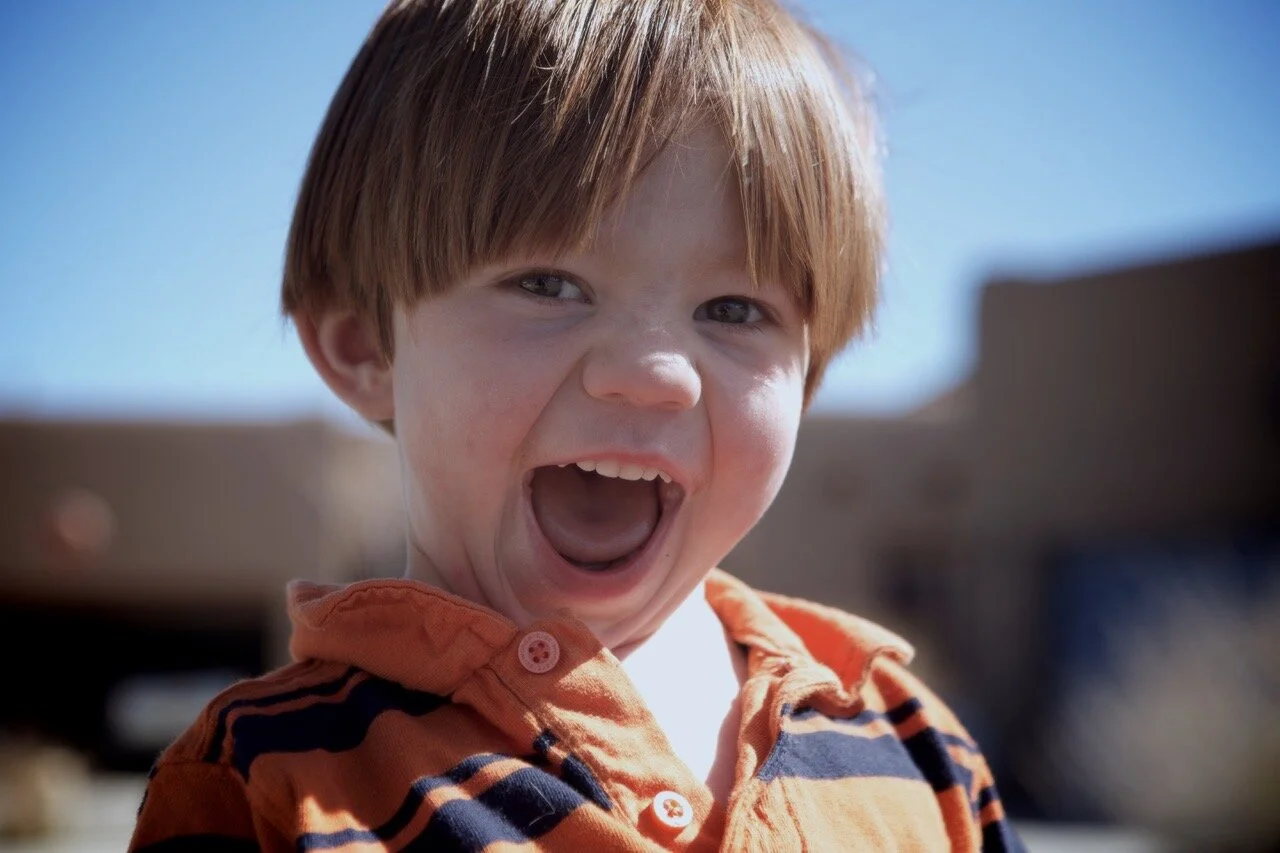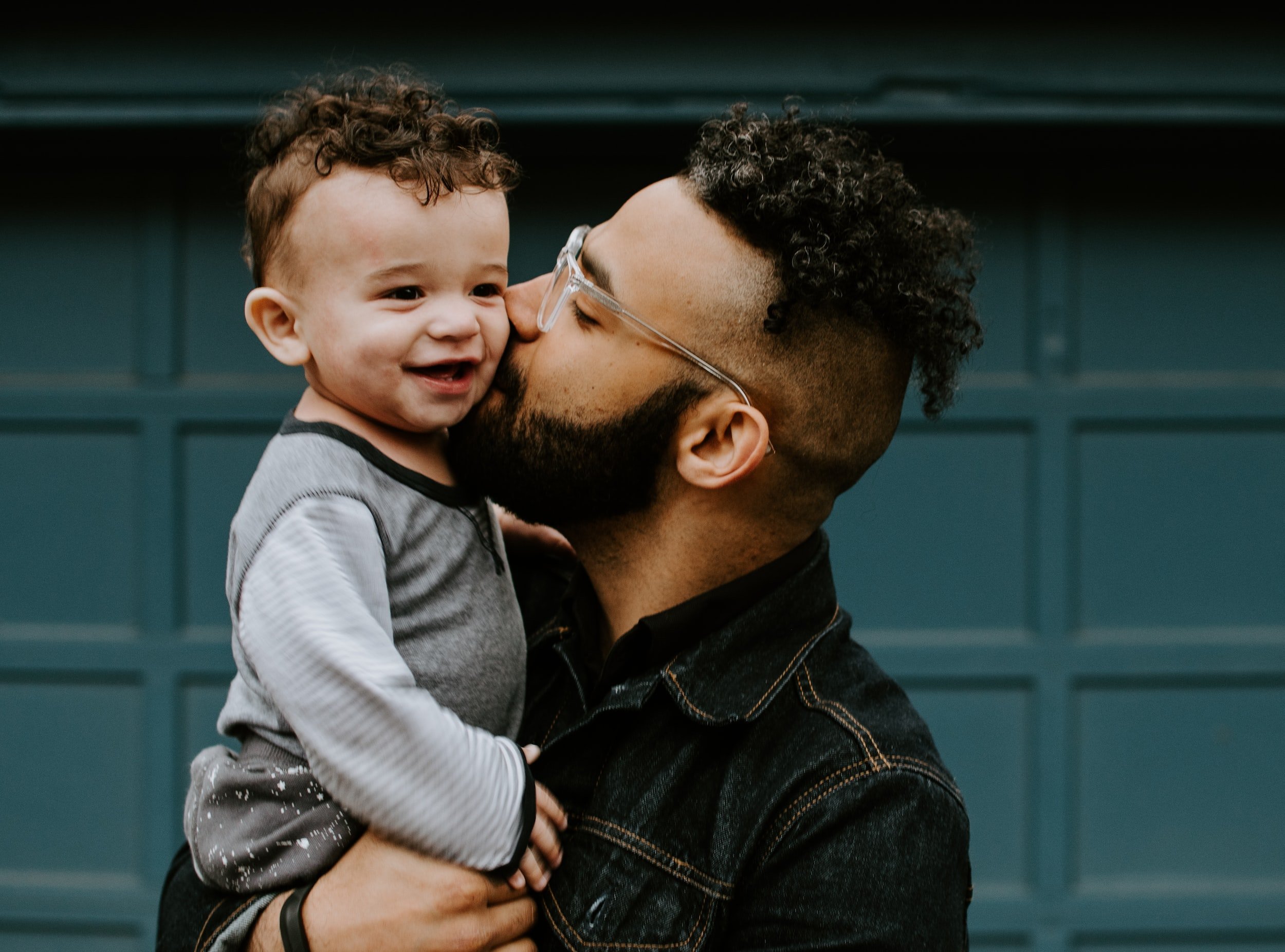Does my child have autism?
/So, you have a beautiful, wonderful, exceptionally magnificent child but something feels different and you're concerned about autism. What should you do?
First and foremost, I really support you to trust yourself. You know your kid best. Don't wait - early intervention is critical!
Support can make a huge difference at any age but getting it as early as possible is the goal and a good place to start is with your pediatrician. Call your pediatrician and make an appointment to talk about your concerns. One of the parents I work with in my private practice gave me a great piece of advice. She recommends parents write their concerns down so they don't forget them under the stress of the doctor's visit.
Now, if your kiddo’s doctor says something like, "Boys are just late bloomers. You're just being paranoid. He's fine!" Don't be tempted to let go of your concerns. Unfortunately, not all pediatricians are knowledgeable about autism and often parents are told not to worry and to just wait it out. In general, this is not a wise approach. Over 80% of parents whose children have autism knew something was going on in the first year of their children's lives!
Hopefully, your pediatrician hears your concern and is prepared to do an autism screening (usually the Modified Checklist for Autism in Toddlers, Revised with Follow-Up (M-CHAT-R). On the other hand, if your doctor doesn't offer to do a screening, I recommend you ask her to complete one. This screening should give you good information as to whether to move forward with further evaluations or start some type of therapy. If you and your doctor complete the autism screening and it confirms that your kiddo does show signs of having autism, further evaluation is recommended. It is important to stress that a positive screening for autism is not a diagnosis of autism. If the autism screening identified your kiddo as showing some characteristics of autism, the next step should be a referral for a thorough evaluation to rule in or rule out a diagnosis of autism.
It is also important to have your pediatrician refer you to your local early intervention agency (for 0-3-year-olds) or public school system (for children over 3) so that you and your kiddo can begin to receive some additional support. All communities are going to have an early intervention program and a public school system. Both of these services are free for any child who qualifies. The quantity and the quality of services provided to children with autism varies a lot but at least basic services are going to be free and are available to everyone.
Sometimes there are excruciatingly long waitlists for evaluations or autism-specific services. However, I am happy to say that in New Mexico, for example, there is a workaround for the evaluation waitlist. That is your pediatrician can give your kiddo an initial diagnosis of autism that will allow you to access needed autism-specific services until a full evaluation can be completed. This is a big deal because it allows your child to get the early support they need and deserve.
Here are the first crucial steps if you are concerned your child may have autism:
Trust yourself and your expertise regarding your kiddo.
Talk about your concerns with your child’s primary care provider (PCP).
Complete an autism screening with the PCP.
Get an initial autism diagnosis if the screening is positive.
Get on the waitlist for a comprehensive autism evaluation.
Get a referral for early intervention or your local public school depending on your kiddo’s age.
Get a referral for autism-specific services such as Applied Behavioral Analysis (ABA), Speech and language (SLP), and Occupational Therapy (OT), and put your kiddo on all the waitlists
If you want more support around the process go to https://www.brightfuturesaei.com/services-1 for a consultation.
Here's to Bright Futures for all children!
#Autism #AutismAdvocacy


